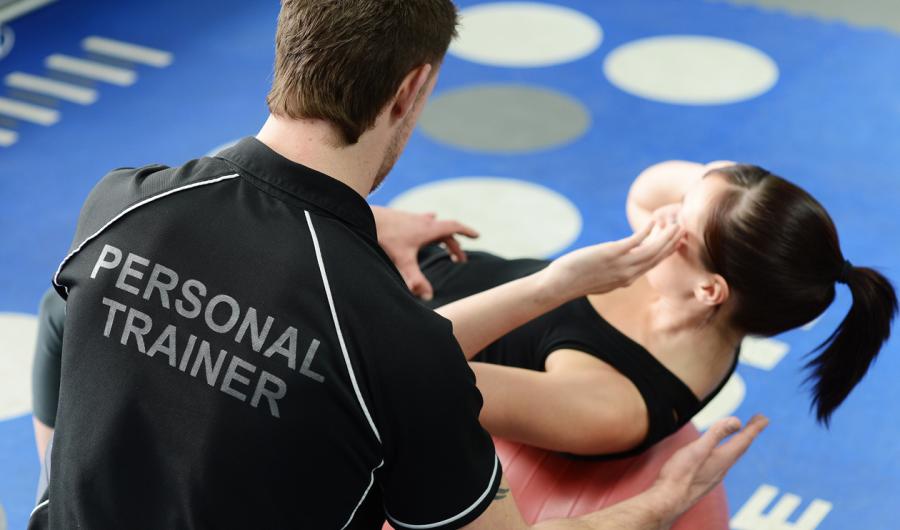
Programme description
Would you like to gain practical and educational expertise in the planning, implementation and evaluation of training? There is a great need for people with this type of education and the requirement is growing throughout Norway and the rest of the world.
As a student on the Personal Trainer programme of study, you will achieve this through the key areas that are:
- Functional screening and biomechanics
- Resistance training and basic sports coaching
- Speed and endurance development.
The Personal Trainer programme of study is a full-time study with weekly teaching at the Bodø campus. Up to 50% of the teaching is practical. The programme of study also includes supervised professional training as a personal trainer. In addition to the campus, facilities at Mørkvedlia Idrettspark are used, with a multi-purpose sports hall, gymnastics hall, climbing hall, football pitch and running track. The study programme also has access to a well-equipped gym.
Career opportunities
Students taking the Personal Trainer - one-year programme will possess expertise that enables them to work in many areas, such as:
- personal trainer
- care worker
- training elderly people in institutions
- sports team coach
- public health coordinator
- physical coach in elite sports
- training supervisor
- training disabled people
Knowledge
- basic topics, theories, issues, processes, tools and methods in the screening/analysis of persons to be trained.
- knowledge about key concepts, theories and development work in the long-term planning and management of training
- ability to orientate oneself in relation to relevant academic literature, identify important issues concerning theoretical and practical training, and discuss and develop one’s own professional training practice through dialogue
- knowledge about certain overarching features regarding the history, traditions and distinctive character of training, and
- the subject area’s position and importance in today’s society
Skills
- can apply academic knowledge about practical and theoretical issues related to screening/analysis and the planning of training, and be able to account for one’s choices
- can reflect on one’s own professional performance of training and physical activity and be able to adjust this under supervision if necessary
- can find, assess and refer to information and subject matter about training and physical activity, and present this in a way which highlights a specific issue.
- can master and apply certain tools, techniques and forms of expression that are relevant to the subject area
General competence
- have knowledge about relevant academic and professional issues of an ethical nature regarding training and physical activity, and how these can be handled practically in an adequate manner.
- can plan and carry out both short and long-term training and physical activities with different people and groups. Students should be able to do this both individually and in groups, and in accordance with ethical requirements and guidelines.
- be able to convey key subject matter about training and physical activity in writing, orally and through other forms of expression
- be able to exchange points of view about and experiences from training and physical activity with others who have the same professional background, and thereby contribute to the development of good training practice
- have knowledge about innovation and innovative processes associated with training and physical activity

